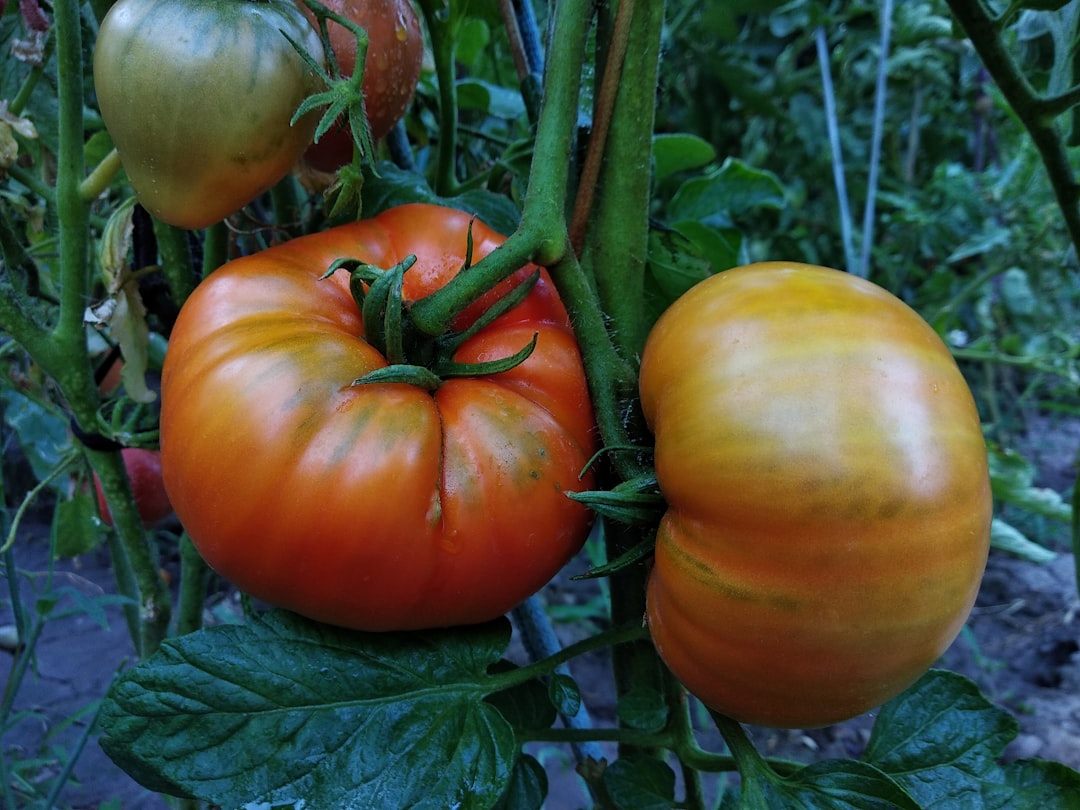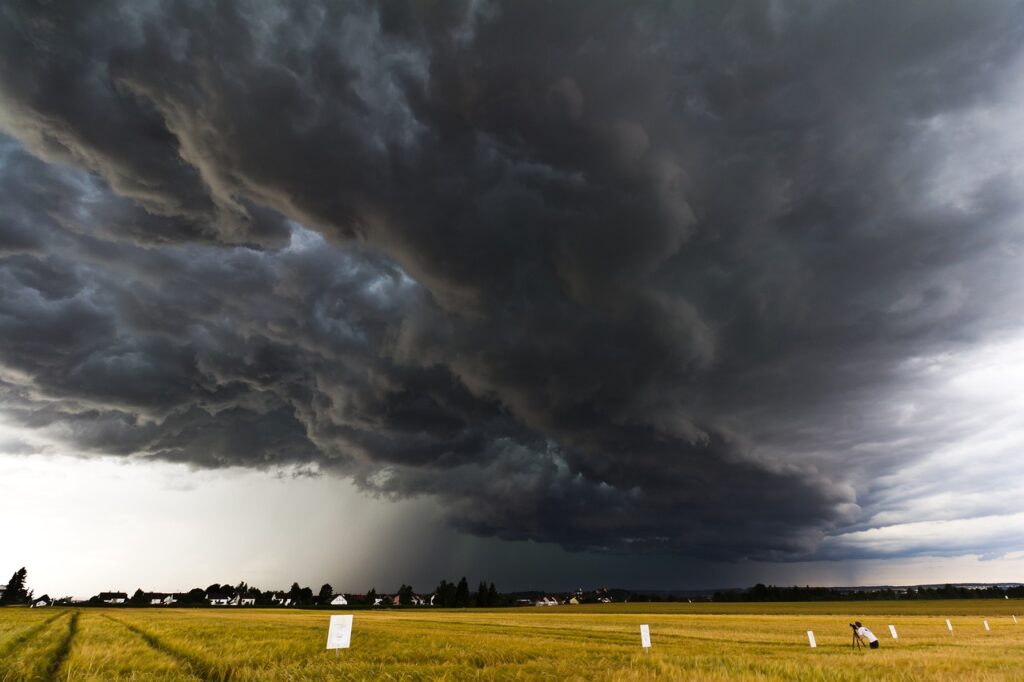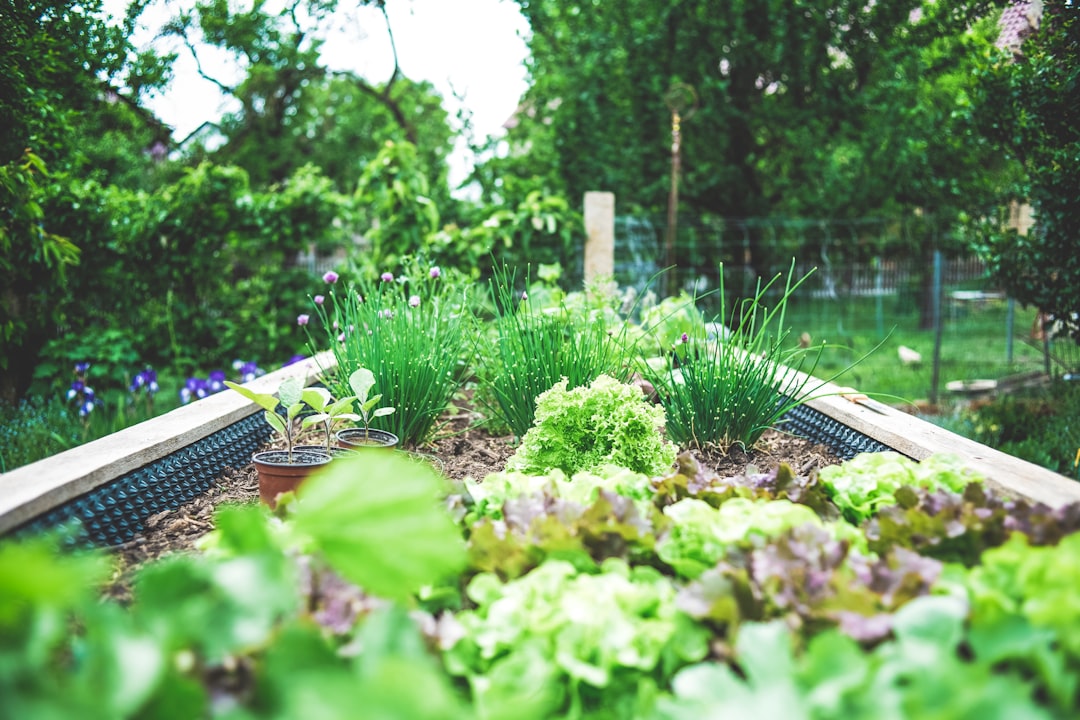
The idea of stepping outside into your own garden to pick fresh, home-grown produce might seem like a dream for many. However, growing your own food is possible, incredibly rewarding, and becoming increasingly necessary. It offers loads of benefits that go beyond just filling your plate, and you don’t need a lot of space to make it happen, which is great for city folks or anyone with a tiny yard. Starting a garden can boost your health, build self-reliance, and do good things for the planet while spending quality time with loved ones.
Why Grow Your Own Food?
Here are ten compelling reasons to start a garden no matter how small:
1. To Improve Your Food Security
We’re seeing grocery bills go up for reasons beyond our control. Crazy weather like droughts or too much rain, more natural disasters, tariffs on imported foods, and a shrinking farm workforce are all part of it. Fresh produce is taking a big hit. But by growing your own produce, you ensure a reliable food source that’s not subject to market fluctuations or supply chain disruptions. You can grow your own lettuce, tomatoes, cucumbers, herbs, beans, and more! Sure, some things might be a challenge based on your climate, and some, like asparagus, require a bit more time and effort. But there’s plenty of common groceries you could easily cultivate yourself. Plus, you’ll have the chance to preserve any surplus food with canning, dehydrating, and freeze-drying, which will be helpful during shortages or if you suddenly find yourself between jobs, when every dollar counts.
2. Increasing Food Recalls
It seems every time you turn around nowadays, there is another recall. Salmonella. Listeria. Mislabeling. Fragments of foreign material…like metal. Botulism. If you’re growing as much food as you can, you are reducing your risk of purchasing something that is not only increasing in price, but could make you sick, or even result in death.
3. You Avoid Chemicals and Questionable Ingredients
Many farming methods use pesticides and herbicides, and even basic grocery items often have too many ingredients. When it comes to organic produce, unless it’s grown under strict guidelines, organic farms might be next to non-organic ones. This can lead to spray drift affecting even those organic plots. Store-bought items might contain natural ingredients like Vitamin E or palm oil, but many others preserve shelf life, change taste, or enhance color. These additives can sometimes be harmful and contribute to Americans’ addiction to sugar. Some popular food items in the U.S. are even banned in other countries due to their ingredients. But when you’re growing your own fruits and veggies and making meals like soups, stews, and jams yourself, you know exactly what’s in them.
4. It Will Taste Better
When you don’t have all those extra mystery ingredients in your food, you’ll find it tastes better. There may be an adjustment, as many convenience meals have altered our taste buds to expect excessive amounts of salt and sugar. But now, you get to add the seasonings you want in the amount you choose. There’s also a psychological aspect to it – eating something you’ve grown or a meal you’ve prepared using food from your garden will taste better because it’s your sweat, effort, and love that is nourishing you and your family.
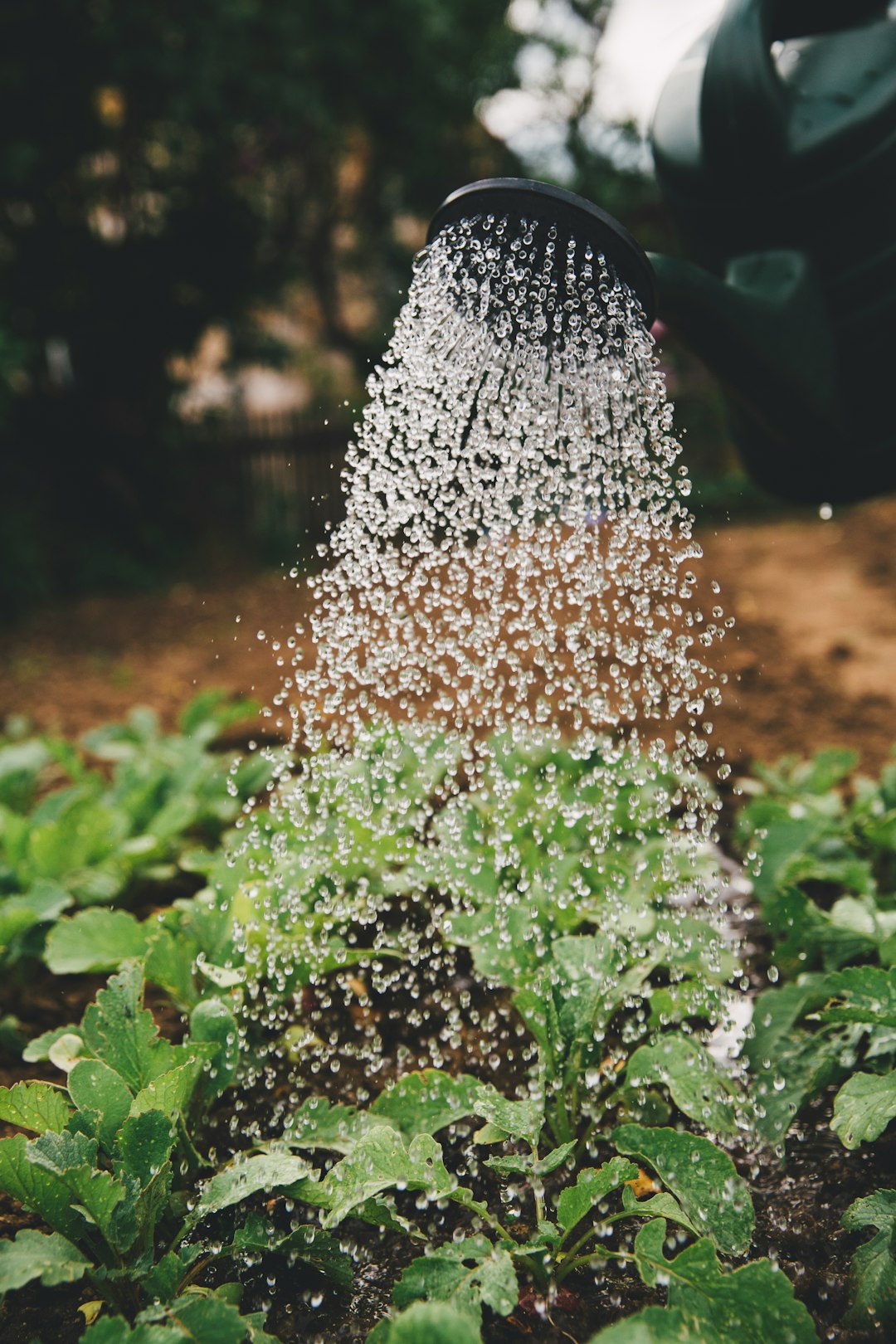
5. It Will Help Your Budget
This one’s easy – if you grew it, you don’t have to buy it in a store. A seed packet may cost the same as the item already grown, but you’ll get more out of those seeds because once you’ve planted them, you’ll have that fruit or vegetable every year, or even year-round if you have a greenhouse or an indoor situation in the right conditions.
6. Less Food Waste
I can totally attest to this – after you’ve put in the effort to grow something, you’re more inclined to store it correctly and not let it spoil, so you don’t have to throw out what you took so much time and energy to nurture and grow! You’ll have a greater respect for our farmers and what it takes to put food on our plates.
7. Gardening is Great Exercise
If you’re new to gardening, be aware that it burns more calories than you might think. Even if you’re using raised beds, you’re still walking, stooping, stretching, pulling weeds, harvesting, etc. While it may be low-impact, it will still get you moving your body, which is beneficial for both your physical and mental health, as gardening is known to help alleviate stress. Gardening encourages mindfulness and can help you live in the moment, improving overall life satisfaction, and can lead to a healthier lifestyle.
8. It’s Good For the Environment and Community
By growing food locally, you are reducing your carbon footprint by cutting down on the need for transportation and packaging, which are significant contributors to pollution.
Gardens also support biodiversity. By planting a variety of species, you can create a habitat for beneficial insects and pollinators such as bees and butterflies. This can help restore balance in urban areas where natural ecosystems are often disrupted.
Moreover, gardening can improve soil health through composting and natural fertilization techniques, which can lead to other practices, such as rainwater harvesting. These practices contribute to a healthier environment, making gardening a great way to support sustainable living.
Community gardens are helping neighborhoods become more self-reliant and filling nutritional voids in areas where fresh produce is scarce or unavailable. They have also become hubs where neighbors can socialize and share with one another.
9. It’s Something Your Family Can Do Together
If you’re looking for an activity that you and the kiddos can do together, gardening is a great one. You can choose what you want to grow, and go through the steps together up to the point when it’s time to harvest your goodies. It provides quality time that builds trust, improves communication, and gets everyone off the couch and away from screens. It can be a simple and easy start, like growing microgreens, which are super-nutritious sprouts, or a mushroom kit, where with a few steps you can watch them grow (that never gets old for me!). The kids are also learning a valuable skill, and the value of working towards a rewarding goal.
10. It’s a Key Component of the Prepper Lifestyle
Being as self-reliant as possible in an emergency is the primary goal of a prepper. Even without a crisis, disaster, or famine, growing as much of your food as possible and making other things you would usually buy from scratch, such as bread, provides the benefits outlined above. But, during an emergency, you have the added bonus of being able to feed your family nutritious meals when food may be scarce or too dangerous to try to get. You don’t have to worry about being stranded with nothing to eat, or wondering where your next meal is coming from once you run out of your food stash. Having a garden provides security that you’ll always have something for your family to eat. Couple that with a food preservation skill, such as canning, and you have an excellent foundation for being independent and food-secure.
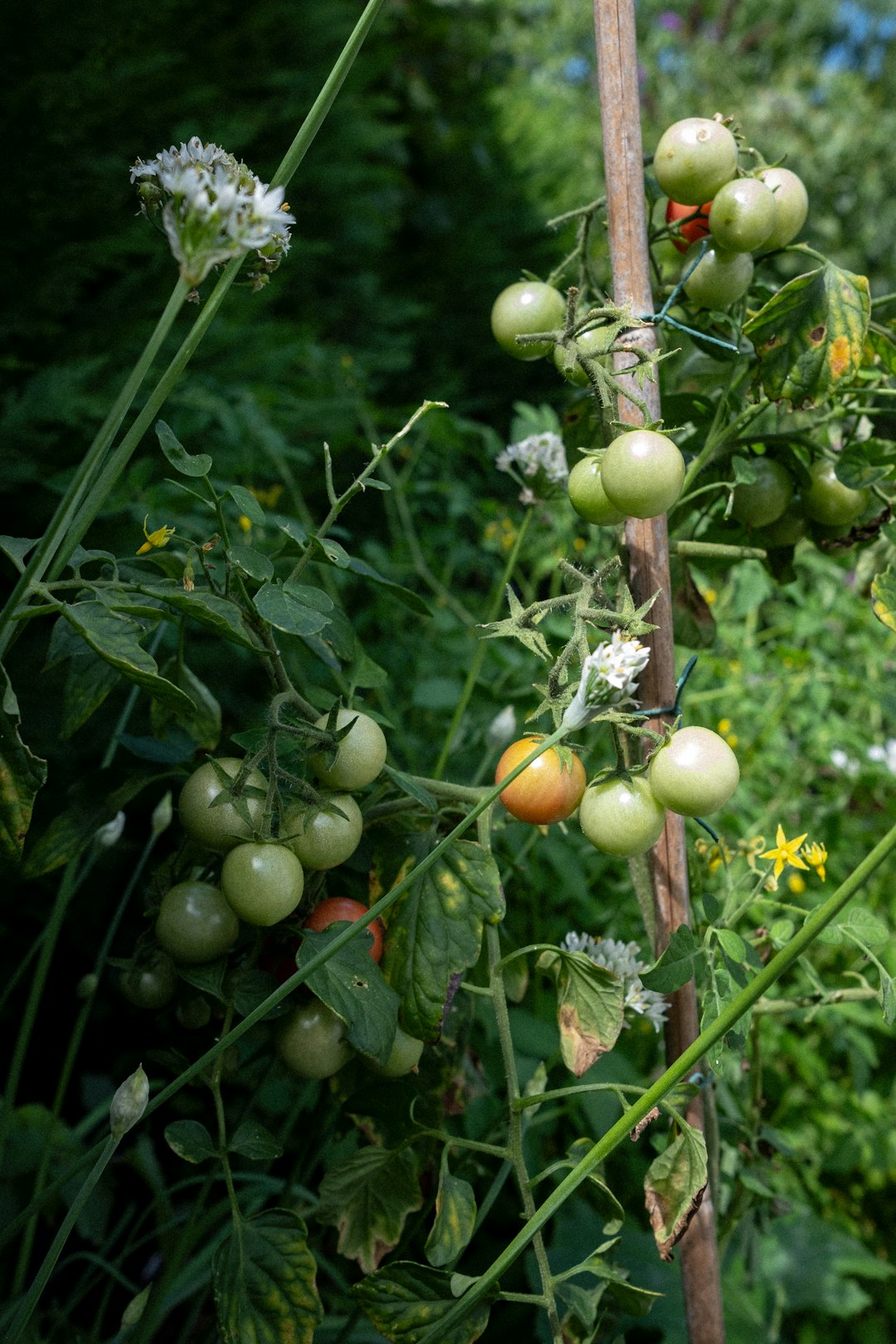
Steps to Start Your Own Garden
Beginning your gardening journey doesn’t have to be overwhelming. With the right approach and resources, you can transform any space into a bountiful garden. This section provides some quick tips for beginners and those working with limited space. For detailed information, check out my article, “Growing Food Made Easy: Essential Gardening Tips for New Preppers”, here, and also “Grow Your Own: A Guide To Successful Urban Gardening” here.
Home Gardening Tips for Beginners
Starting a garden might seem daunting, but following a few basic steps can simplify the process. Here’s a simple guide to get you started:
Assess your space: Determine the amount of sunlight and space available.
Choose your plants: Opt for vegetables and herbs suited to your climate.
Prepare the soil: Ensure it’s rich in nutrients and well-drained.
Plan for watering: Establish a consistent watering schedule.
Monitor growth: Watch for pests and diseases, and take action promptly.
As a beginner, patience is essential. Start small and gradually expand your garden. Utilize resources like Growing in the Garden for additional advice and support.
How to Start a Garden in Small Spaces
Living in a small apartment or urban area doesn’t mean you can’t enjoy the benefits of gardening. Here’s how you can maximize limited space:
Vertical gardening: Utilize wall planters and hanging baskets.
Container gardening: Grow plants in pots or containers on balconies or windowsills.
Compact crops: Choose small or dwarf varieties of plants.
Consider using hydroponic systems if you’re short on space, as they allow for growing plants without soil. For more tips, check out Quora.
With all the resources available – and all the bad news regarding food now and into the future – growing as much as your own food as possible isn’t a hassle, it’s a necessity. Take the opportunity to become more self-reliant and food-secure today!
